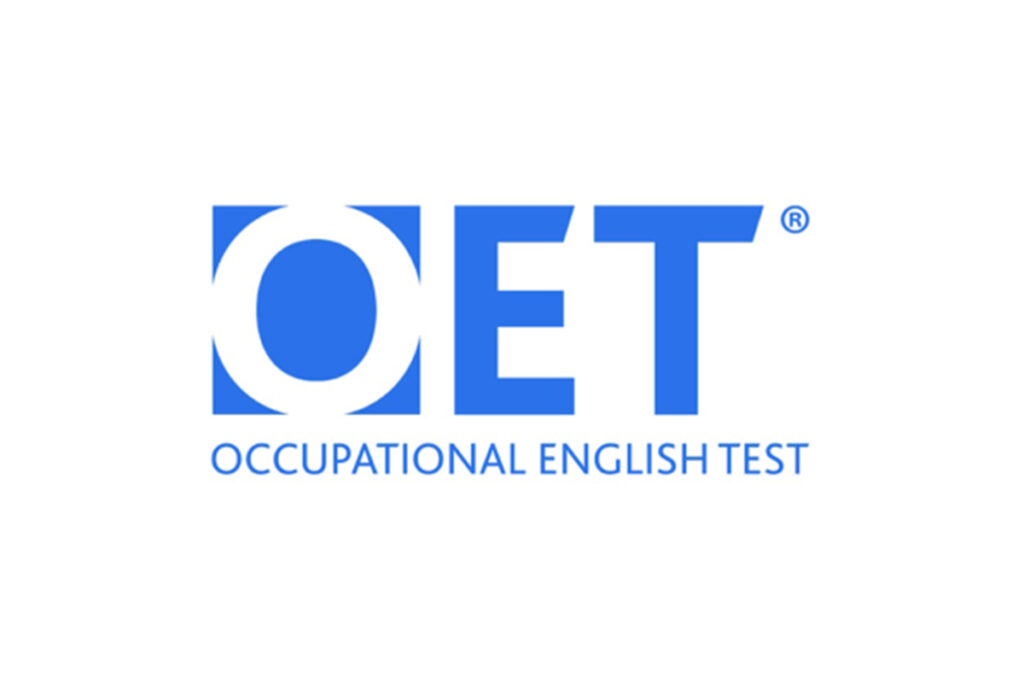The OET Exam for Pharmacists is an essential requirement for those looking to advance their careers internationally. This specialized test evaluates language proficiency in a healthcare setting, ensuring pharmacists can effectively communicate with patients and medical professionals. Recognized by employers, regulators, and governments in the UK, Australia, New Zealand, and Ireland, the OET serves as a benchmark for linguistic competence in pharmaceutical practice.
Understanding the OET syllabus and exam structure is crucial for effective preparation. Since the test is designed to assess communication skills specific to the pharmacy profession, candidates must be proficient in-patient interactions, medication counselling, and professional discussions. Achieving a high score in the OET Exam for Pharmacists not only enhances career opportunities but also ensures seamless integration into the healthcare system of the desired country.

Professional Recognition
The OET Exam for Pharmacists is widely recognized by regulatory bodies and employers across English-speaking countries. Passing the OET demonstrates that a pharmacist has achieved the required level of language proficiency, a crucial factor for professional registration and practice. This recognition ensures that pharmacists can effectively communicate in medical settings, making the exam a vital step for those seeking career opportunities abroad.
Improvement in communication skill
The OET Exam for Pharmacists assesses language proficiency in real-world healthcare scenarios, helping candidates develop effective communication skills. By taking this exam, pharmacists can confidently interact with patients, colleagues, and other healthcare professionals, ensuring clear and accurate communication. This not only enhances patient care quality but also strengthens professional collaboration, making pharmacists more competent in their roles.
More Career Avenues
Achieving a high score in the OET Exam for Pharmacists unlocks numerous career opportunities in English-speaking countries such as the UK, Australia, New Zealand, and Ireland. A strong OET score enhances professional credibility, making it easier to secure registrations, licenses, and job placements in international healthcare settings. This not only broadens career prospects but also provides valuable global experience, contributing to professional growth and advancement.
Enhances confidence
Effective preparation for the OET Exam for Pharmacists not only ensures success but also builds confidence in language proficiency. Mastering the exam content enhances a pharmacist’s ability to communicate effectively in diverse healthcare environments, fostering seamless interactions with patients and colleagues. This newfound confidence is crucial for thriving in a fast-paced, multicultural workplace, ensuring pharmacists can provide quality care while adapting to global professional standards.

Listening
The OET Exam for Pharmacists includes a listening test designed to assess a candidate’s ability to comprehend spoken English in a healthcare setting. Lasting 45 minutes, the test is divided into three parts with a total of 42 questions. Pharmacists will listen to realistic healthcare-related audio recordings, such as patient consultations, medical instructions, and professional discussions. This section evaluates how well a pharmacist can interpret spoken English in practical workplace scenarios, ensuring effective communication in professional settings.
Reading
The Reading section of the OET Exam for Pharmacists is a 60-minute assessment divided into three parts, each testing different reading skills. Part A focuses on speed reading by requiring candidates to quickly extract key information from short medical texts. Part B assesses the ability to understand detailed medical texts and guidelines, ensuring pharmacists can interpret essential information accurately and Part C involves complex texts like case studies or research articles, testing the candidate’s ability to analyze nuanced details and make informed decisions. This structured approach ensures that pharmacists develop strong reading comprehension skills to navigate various healthcare-related texts effectively.
Writing
The Writing section of the OET Exam for Pharmacists lasts 45 minutes and requires candidates to complete a task based on given case notes. This task simulates real-life professional writing scenarios, such as Referral letters, Discharge summaries and Patient reports. Pharmacists must demonstrate the ability to convey clear, accurate, and professional medical information. Clarity in writing is essential for effective communication in a healthcare setting. Reviewing OET pharmacy writing samples helps candidates familiarize themselves with expected tasks, formats, and evaluation standards, ensuring they prepare efficiently for the exam.
Speaking
The Speaking section of the OET Exam for Pharmacists is a 20-minute role-play assessment designed to evaluate communication skills in a healthcare setting. During this test, candidates engage in a mock conversation with an examiner, who plays the role of a patient or colleague. Common scenarios include Reassuring patients about their concerns, discussing treatment options and providing prescription guidance at the pharmacy counter. This section assesses a pharmacist’s professionalism, clarity, and ability to communicate effectively in real-world situations. Reviewing OET speaking samples for pharmacists helps candidates familiarize themselves with the format, refine their responses, and improve their overall performance.

Listening
The Speaking section of the OET Exam for Pharmacists includes various real-life scenarios that pharmacists are likely to encounter in professional settings. These may involve patient consultations, providing medication instructions and engaging in healthcare discussions. Candidates must be able to grasp key information, follow spoken instructions accurately, and interpret medical terminology correctly.
Reading
The Reading section of the OET Exam for Pharmacists includes a variety of pharmacy-related texts, such as Patient information leaflets, medical guidelines and Research articles. Candidates must demonstrate their ability to grasp the overall concept, understand specific details, and interpret key implications of the content. This section evaluates how well pharmacists can process written medical information, which is essential for safe and effective practice.
Writing
In the OET Exam for Pharmacists, candidates must demonstrate their ability to write effectively based on given case notes. This includes crafting professional documents such as Patient referral letters, medical reports and Discharge summaries. The main focus ensure that pharmacists can communicate essential medical information efficiently in real-world healthcare settings.
Speaking
In the OET Exam for Pharmacists, the speaking test involves role-play scenarios that simulate real-life pharmacy interactions. Candidates must effectively communicate complex information, reassure patients, and engage in professional discussions to demonstrate their language proficiency in a healthcare setting.

If you are a pharmacist aiming to work abroad, passing the OET Exam for Pharmacists is essential for unlocking career opportunities. Understanding the exam pattern, syllabus, and structure is key to success. Regular practice and mock tests can significantly enhance your performance. Start your preparation early, utilize available study tools, and focus on improving your language skills. For personalized guidance, consider using customized study materials or consulting OET preparation centres.
To Learn more about OET Exam for Pharmacists Click here
Salmiya : REG IMMIGRATION AND EDUCATION
2nd Floor, Building No.44, Yusuf, Yousef Al Bader St, Salmiya.
Jaleeb Al Shuyoukh :
Building No. 146
Floor 2, Street 6,
Block 4, Near Subway,
Jaleeb Al-Shuyoukh
Mangaf : 1st floor Building number 90
Street number 25
Mangaf block 4
Near Green Asia supermarket
Copyright © 2025 REG EDUCATION AND IMMIGRATION. All rights reserved. Powered by Zeekoi Enterprise Solutions